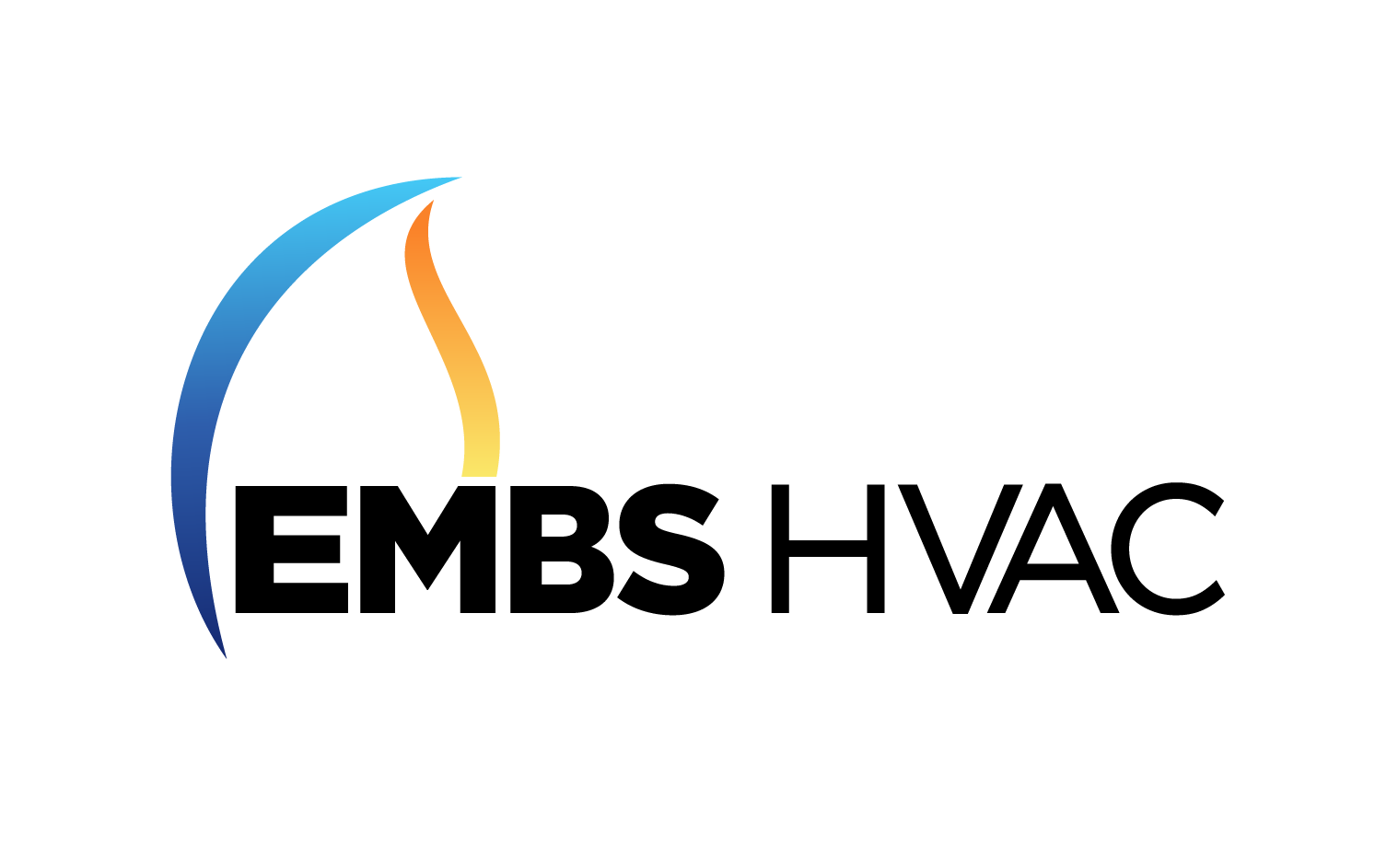Frequently Asked Questions
We encourage you to contact us directly with any inquiries, and our friendly customer service representatives will be eager to assist you.
General
What is an HVAC system?
HVAC stands for Heating, Ventilation, and Air Conditioning. An HVAC system is a comprehensive system designed to provide comfort and regulate the indoor environment of a building or space. It integrates three key functions: heating, ventilation, and air conditioning, to control temperature, humidity, and air quality.
How long do HVAC systems last?
The lifespan of an HVAC system can vary depending on several factors, including the type of system, how well it’s maintained, and the climate in which it operates. On average, you can expect the following lifespans for different components of an HVAC system:
- Furnaces: A well-maintained gas furnace can last around 15-20 years. Electric furnaces generally have a longer lifespan, often reaching 20-30 years.
- Boilers: The lifespan of a boiler is typically around 15-20 years.
- Air Conditioners: Central air conditioning systems usually last around 15-20 years.
- Heat Pumps: Heat pumps, which provide both heating and cooling, generally last about 15 years.
- Ductwork: The lifespan of ductwork can vary. Well-installed and properly maintained ducts can last for several decades.
I have to add freon to my air conditioning unit every summer, is this normal?
No, whenever a freon is added to an air conditioning unit, the unit should be checked for leaks, and the leaks must be repaired prior to adding freon. If the leak is not repaired, the freon will continue to leak and your problems may increase exponentially.
My air conditioning unit has ice on the pipes and it won't cool. What can I do?
If ice builds up on the unit, you need to have a licensed professional to troubleshoot the unit. Individuals can sometimes cause further damage by attempting to self correct the problem. One simple check we would recommend is to check the filter located on the return duct of your unit and look for rips, tears, and excessive build up of dirt and dust.
What are the advantages of purchasing a residential or commercial service plan?
Our Service Plans are a great way to save money and give you peace of mind, knowing that you are unlikely to be caught in inclement weather conditions without your heating or cooling system functioning properly. A few advantages are:
- 24 hour emergency service available
- Regular maintenance makes your system more efficient
- Avoid unexpected service expenses
- Ensure the comfort of your family
What does SEER mean in HVAC?
SEER stands for Seasonal Energy Efficiency Ratio, and it is a measure of the efficiency of an air conditioning or heat pump system. It is used to evaluate the cooling efficiency of these systems over an entire season. The SEER rating is calculated by dividing the total cooling output (measured in British Thermal Units or BTUs) over a typical cooling season by the total electrical energy input (measured in watt-hours) during the same period.
Residential
How important is it to have my HVAC system serviced annually?
It is critical that your HVAC system is maintained at least once a year. This preventative maintenance check will allow you to uncover minor problems with your system before they escalate, and will also reduce your energy costs. Regular maintenance will also reduce the likelihood of your system malfunctioning during extreme temperatures.
How often should I change my air filter?
We suggest that you follow the manufacturer’s recommendation on changing your air filter. Generally speaking, however, your air filter should be changed every 6 to 12 months for a vacation home or a home with no pets or allergy sufferers. The average family home should have the filters changed every 60 days. If there is a pet in the home, the frequency should be changed to every 45 to 60 days, and if anyone in the home suffers from allergies we recommend that the filter is changed every two weeks for maximum comfort.
Commercial
How often will your janitorial representatives service my building?
We have a range of janitorial plans to service our client’s individual needs. Our service contracts can provide a janitorial technician for as much as 40+ hours per week, and we also have plans which send our techs out during certain intervals. We are sure to have a janitorial contract that will fit your budget and needs.
Do you have a Capability Statement?
Yes! You can view it, here.
